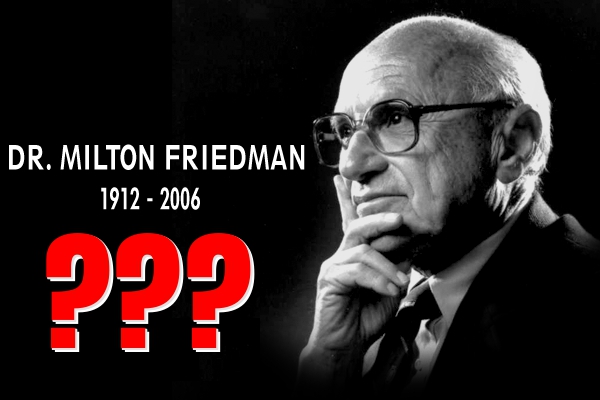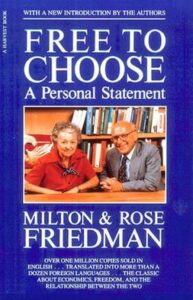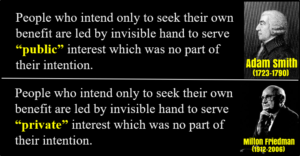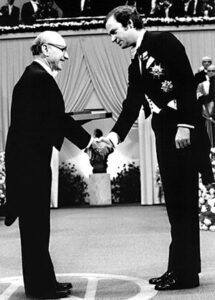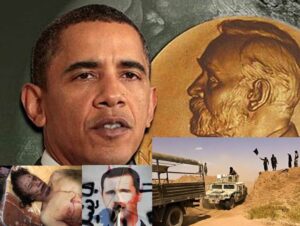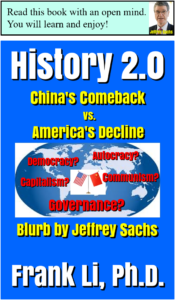Milton Friedman was an influential and controversial American economist. As a self-proclaimed disciple of Adam Smith and Thomas Jefferson, he religiously preached for freedom and individualism, especially later in his life.
In this post, I will briefly assess his political works, with a clear conclusion that he is mostly a man of the past.
1. Who is Milton Friedman?
Below is an excerpt from Wikipedia – Milton Friedman.
Milton Friedman (/ˈfriːdmən/; July 31, 1912 – November 16, 2006) was an American economist who received the 1976 Nobel Memorial Prize in Economic Sciences for his research on consumption analysis, monetary history and theory, and the complexity of stabilization policy.[4] With George Stigler and others, Friedman was among the intellectual leaders of the second generation of Chicago price theory, a methodological movement at the University of Chicago’s Department of Economics, Law School, and Graduate School of Business from the 1940s onward. Several students and young professors who were recruited or mentored by Friedman at Chicago went on to become leading economists; they include Gary Becker, Robert Fogel, Thomas Sowell,[5] and Robert Lucas Jr.[6]
2. Friedman’s most famous book: “Free to Choose”
Below is an excerpt from Wikipedia – Free to Choose.
Free to Choose: A Personal Statement (1980) is a book and a ten-part television series broadcast on public television by economists Milton and Rose D. Friedman that advocates free market principles. It was primarily a response to an earlier landmark book and television series: The Age of Uncertainty, by the noted economist John Kenneth Galbraith. Milton Friedman won the Nobel Memorial Prize in Economics in 1976.
3. “Free to Choose” on YouTube
Below is Part 1 of the 10-part video series.
Here is a highlight:
- Friedman was a Libertarian.
- Friedman was a man of his time.
- Friedman is a man of the past.
Let me elaborate on each …
4.1 Friedman was a Libertarian
Friedman not only was a self-proclaimed Libertarian (who often publicly criticized Ralph Nader) but also sounded like a typical Libertarian (see image below), with one major exception: he was armed with a Nobel Prize!
4.2 Friedman was a man of his time
Friedman was very critical of the America in his time, especially the government. Here is a summary:
- Symptom: His observations were mostly correct, even to this day. One example: The Tyranny of the Status Quo.
- Diagnosis: His diagnosis was only half correct, as he simply blamed the government for everything, most of the time.
- Solution: His solution was mostly wrong, if not absurd, as he was religious about freedom and individualism, without a basic understanding of societal complexity, history, or even humanity.
To justify his arguments, Friedman used some carefully selected foreign examples to “fool” his mostly American audience. Two highlights:
- Britain: Many British examples he used were directly refuted by the U.K. Ambassador to the U.S. at the time.
- Asia: The examples he used (e.g., Japan, Singapore, and Hong Kong) were very misleading. For instance, comparing Hong Kong with China in capitalism is like comparing ancient Athens with America in democracy – Scaling makes both comparisons invalid, almost totally.
In short, Friedman first overbought from Adam Smith (e.g., “free market” and “free trade”) and Thomas Jefferson (e.g., “That government is best which governs least.”) and then oversold them.
For anything built to last, a builder must see beyond his (or her) time. Friedman failed to do that, largely because he was totally soaked in America’s momentary success. As a result, he should now be regarded mostly as a man of the past.
4.3 Friedman is a man of the past
China’s comeback over the past few decades has nullified [almost] everything in the West, such as turning Friedman’s strongest conviction into a falsehood.
Friedman’s strongest conviction: Capitalism is good and socialism is bad.
The reality: China has both capitalism and socialism (China’s state capitalism = communism + capitalism). So does America, as highlighted by the image below.
Bottom line: Few of Friedman’s solutions are even worth debating today, given China’s comeback!
5. Discussion
Time is the best judge for everything, including Milton Friedman.
Specifically, Friedman, as a man, was a big success story. However, like most Libertarians, he complained a lot to arouse his audience, but offered few real solutions, if any at all.
Why did not he have any real solution?
Two main reasons:
- He was “boxed in” by his religious belief in democracy and America. In other words, Friedman correctly recognized the fact that America was in a decline, but failed to recognize its root cause: democracy (American democracy: what is it and what’s wrong with it?), or worse, America was foundationally flawed (What is the American Revolution, anyway (V2)?.
- Governance is very hard – Too hard for Friedman, apparently.
Now, what about his Nobel Prize?
It was far better than the one below!
Finally, on Friedman’s two favorite doctrines:
- Free market: Read American “free market” is a lie.
- Free trade: Read American “free trade” is a lie!
For more, read History 2.0 – China’s Comeback vs. America’s Decline.
6. Closing
Milton Friedman religiously preached for freedom and individualism, without basically understanding the role of government (What is the role of government?). As a result, most of his political works are out of date, if not completely wrong.
In short, Milton Friedman is mostly a man of the past!
Now, please sit back and enjoy the video below.
